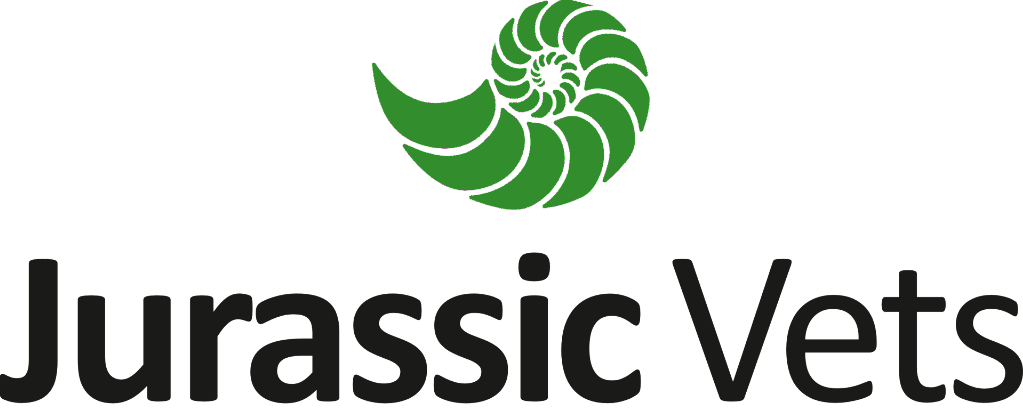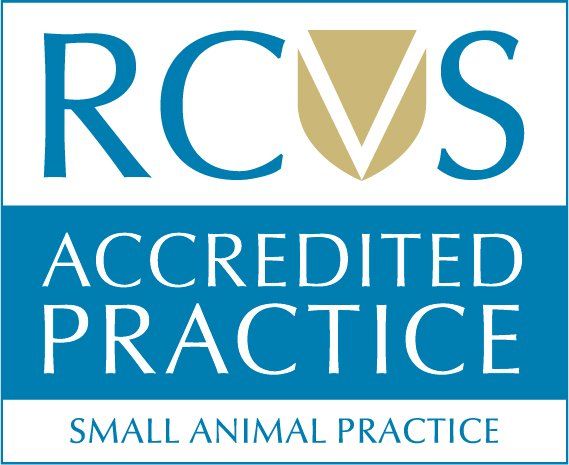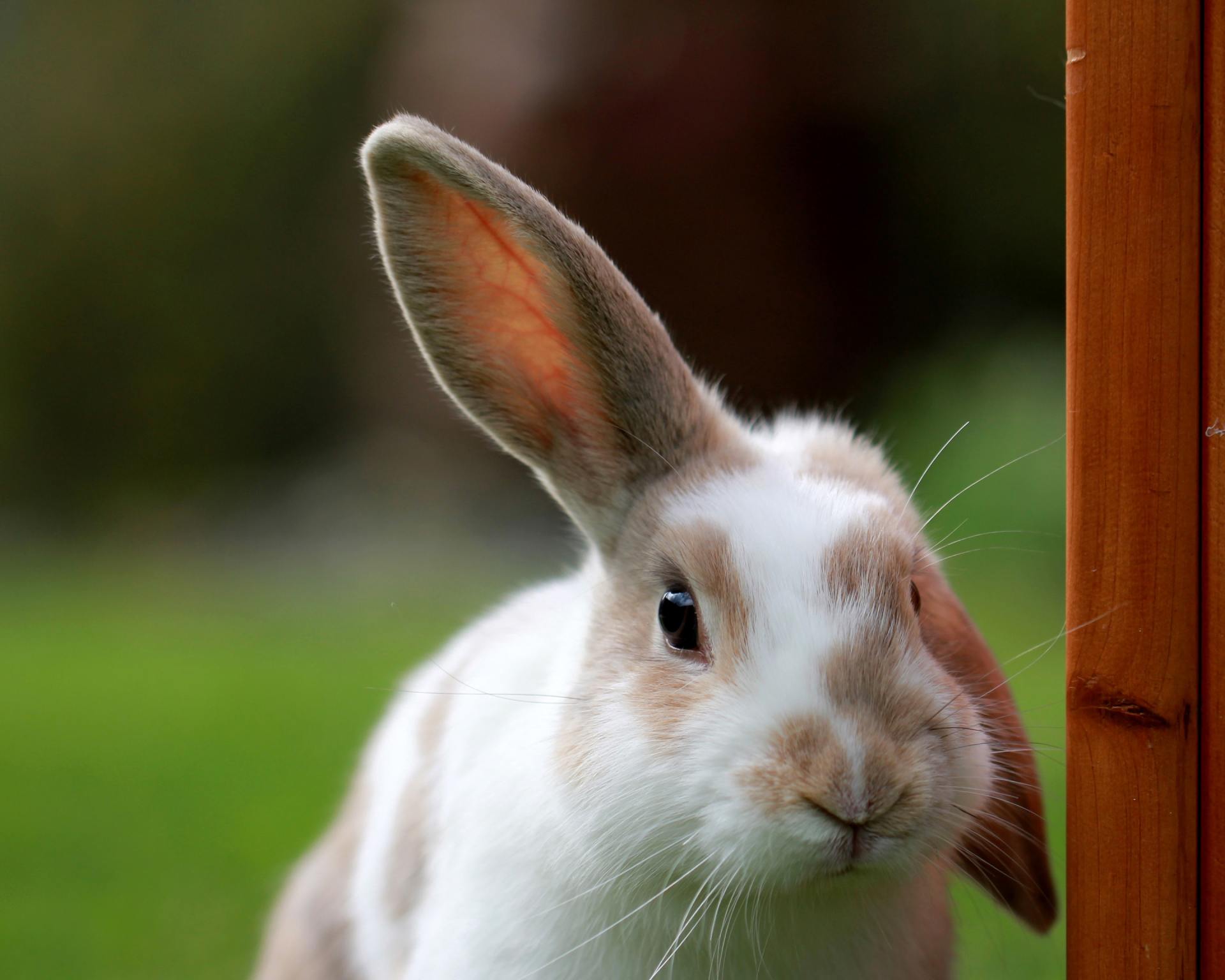"Dental disease is by far the biggest cause of undiagnosed pain in pets in East Devon" - Dr Peter Martin MRCVS, Jurassic Vets
If you've ever had a bad tooth, you will know that dental pain can be extremely unpleasant. Unfortunately, pets don't have a way of letting us know this - just because they're eating doesn't mean they aren't in pain. This is why we're very careful to check your pet's teeth at every examination.
Brushing your pet's teeth is the best way to guard against dental disease. Our staff will be happy to show you how - you can also use special dental diets, dental chews and water additives to help fight the tartar that can build up and begin to damage teeth.
In some cases, we may recommend that your pet has a dental. These are carried out under general anaesthetic.
Our superb dental facilities at both Sidmouth and Colyton include a powerful digital dental X-ray machine, ultrasonic scaler and piped-air dental tool. Ee also have specialised anaesthetic equipment that allows us to anaesthetise our small furry patients for dental procedures such as hamsters. We also have various hand tools for a wide range of procedures.
All our patients undergoing dental treatment have their blood pressure and other parameters carefully monitored by our staff to ensure that your pet is kept safe through their procedure.
Sometimes teeth that are too badly diseased to stay will need extracting. Cats and dog's teeth have far stronger and deeper roots than human teeth, so our vets can perform surgical extractions to ensure all potentially diseased or damaged sections of the teeth are removed with minimal trauma.
Clinical signs and symptoms of dental disease
Dogs:
- Bad breath
- Bleeding gums
- Loose teeth
- Problems picking up food
- Hypersalivation
Cats:
- Sore face
- Bad breath
- Bleeding gums
- Difficulty eating
- Hypersalivation
Rabbits:
- Reduced appetite
- Runny eyes
- Wet chin or front legs
- Facial swelling
Why is a dental under a general anaesthetic necessary?
Preventative treatment
Sometimes the only way to remove the years worth of plaque build up is
to perform a scale and polish under general anaesthetic.
After all the plaque has been removed you are left with a blank canvas. This means preventative care can become a priority.
1. Feed a specialist dental diet
At JurassicVets we stock Hills Vet Essentials. This dry food diet is specially formulated to help reduce plague build up.
2. Brush your pet's teeth daily
Vets recommend brushing teeth daily using an enzymatic toothpaste designed specifically for Cats and Dogs. We stock a variety of toothpastes, just ask at reception. It can take time to get your pet used to it, but the results are worth it.
3. Provide dental toys and chews
Kong design toys to help reduce the build up of tartar by encouraging chewing.
Performing dental procedures on Rabbits
Rabbits teeth are open rooted, meaning they continue to grow throughout their lives. They need a suitable diet to help prevent dental issues. When a suitable diet hasn't been provided, or if the teeth are pointing in odd directions, can become overgrown.
In order to rectify dental issues in a rabbit, their teeth require burring.
Burring is required when the rabbits front teeth don't meet. In some cases the back teeth, or molars, can become misshapen, sharp and pointed, and then rub against and cut the tongue. - this condition is known as Malocclusion.
If malocclusion has been diagnosed, our vets will burr the incisors until they meet and rasp away any sharp edges on the molars.
How much will a dental cost and can it be claimed under insurance?
Our vets will be able to give an estimate of the cost of a dental procedure once they have exmained your pet - please contact us to book one. Sometimes, it may be necessary to take X-rays in order to be sure of whether or not a tooth will need extracting.
Top Tip - Not all insurance companies cover dental work. Therefore it is advisable to check your policy for exclusions prior to any work being carried out.
JURASSIC VETS SIDMOUTH
OPENING HOURS
- Mon - Fri
- -
- Saturday
- -
- Sunday
- Closed
JURASSIC VETS COLYTON
OPENING HOURS
- Mon, Fri
- -
- Tue - Thu
- -
- Sat - Sun
- Closed
Jurassic Vets Limited - registered in England and Wales | Company Registration Number 12993183 | Registered Office: 12 Woolbrook Road, Sidmouth, Devon, EX10 9UU











